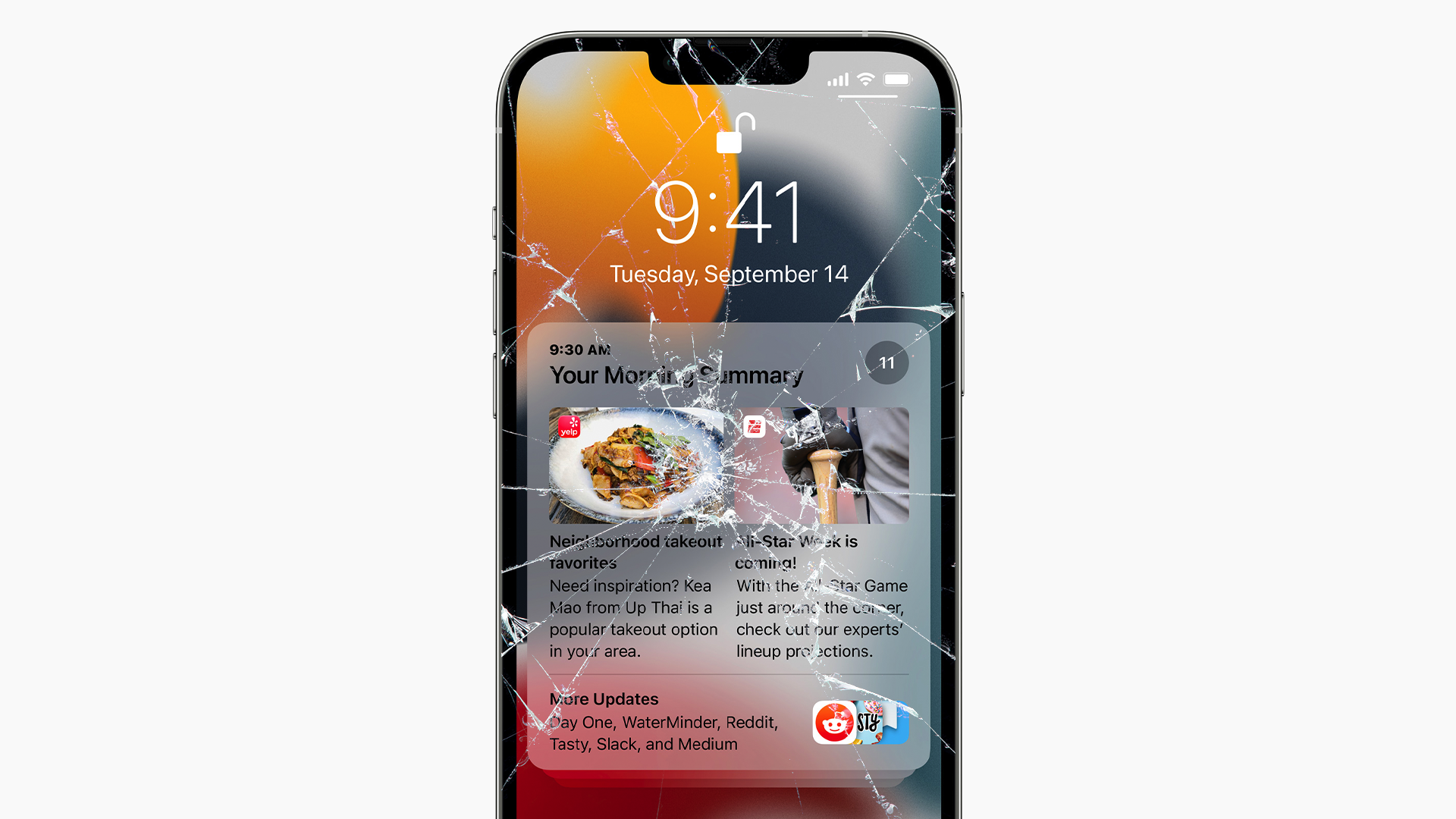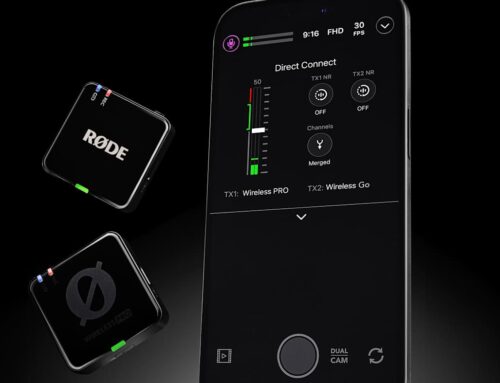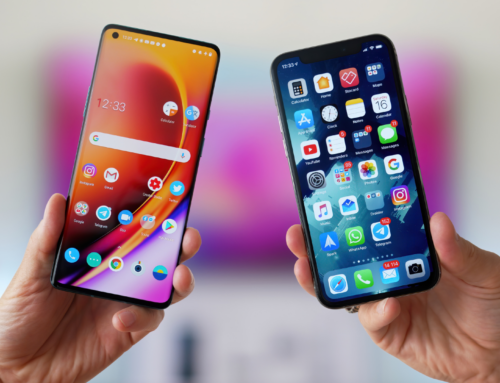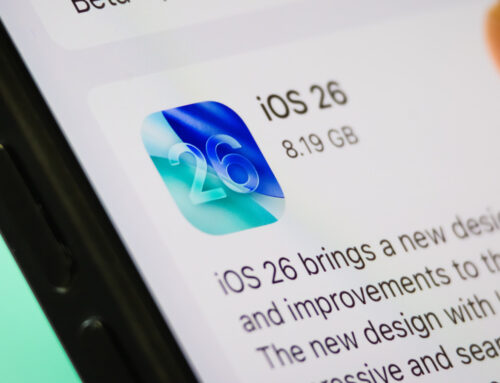Screen replacements are by far the most common phone repair procedure. They’re also fairly cheap and easy to perform, so as you can imagine, they’re the bread and butter of small repair shops. But unless Apple gives you permission to perform an iPhone 13 screen or battery swap, you will end up with broken features or a non-working phone.
And I’m not exaggerating when I say that you need Apple’s “permission” to repair the iPhone 13. Its components are serialized—meaning that parts like the display and Face ID camera can identify each other using unique serial numbers. To make one of these serialized components work with a donor part, an authorized Apple technician needs to sync each part with Apple’s cloud network and request approval from the corporation.
So not only are individuals barred from performing basic iPhone 13 repairs at home, but small repair shops have to turn away customers when they bring in an iPhone 13. Very few shops are “authorized” to service iPhones, and even if they find a questionable way to buy Apple’s secret repair equipment, they can’t use it without access to Apple’s cloud network. (Microsoldering is the only workaround, but the necessary equipment costs thousands and shouldn’t be required for screen replacements.)
Apple’s excuse for locking down iPhone 13 repairs is pretty simple—it’s a security measure. Your phone contains all sorts of personal and financial data, and you can’t trust some unauthorized repair person to take it apart. Plus, customers who perform their own repairs buy parts from strangers on the internet. What if someone tampered with that Face ID hardware you ordered?
But if security is the big concern here, then why did Apple reverse these same anti-repair features in the iPhone 12? That’s right; the iPhone 12 didn’t work with donor parts until three months after its release, thanks to a software update. We hoped that Apple would do the same with the iPhone 13, but we’ve waited three months, and here we are.
It’s clear that Apple wants a certain level of control over iPhone repairs. But taking such aggressive steps to gain that control is completely inappropriate. Whether it means to or not, Apple is simply forcing customers to visit “authorized” service centers for basic repairs. Many of these customers will find themselves in Apple stores where repairs cost hundreds more than they should, and small repair shops will lose money for no good reason.







